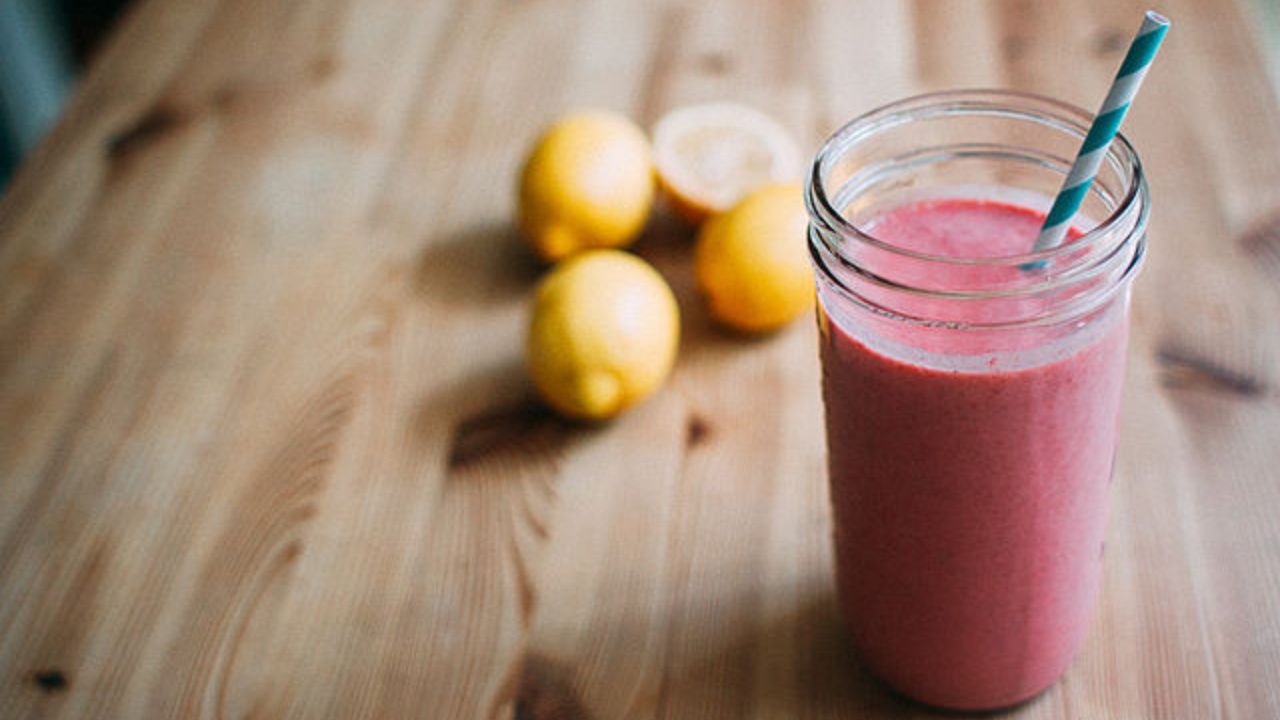12 “Healthy” Foods That Nutritionists Say Are Bad

When you’re trying to eat better, it’s not hard to get tricked by labels that sound healthy. Words like “low-fat,” “gluten-free,” or “natural” might make you think a food is good for you, but that’s not always true.
Some foods marketed as “healthy” can be full of hidden sugars, bad fats, or empty calories. Nutritionists warn against being fooled by certain labels, as these foods could hurt more than help. Here’s a list of so-called “healthy” foods that might not be as good for you as you think.
Granola Bars

Granola bars might seem like a healthy snack due to their whole grains, nuts, and dried fruits, but they can be deceiving. Many are packed with added sugars, refined grains, and unhealthy oils, diminishing their nutritional value.
They often lack the protein and fiber needed to keep you full, making them more of a sweet treat than a nutritious snack. To make a healthier choice, compare brands and look for bars with a lower sugar content and simple, whole ingredients.
Diet Soda

You might think by choosing a diet soda you are making a “healthy” choice, but this drink can affect your health. Research shows people who drink diet soda often have a higher chance of developing metabolic syndrome. This means more fat around your belly, higher blood sugar, and higher blood pressure.
What’s worse, studies suggest diet soda can change how your brain reacts to food. It can make you crave sweet snacks more. So when you want a fizzy drink, remember: your body might pay a lot for those “free” calories.
Fruit Yogurt

Flavored yogurts might seem like a good choice for your health, but they often have lots of extra sugar—sometimes several spoonfuls in each serving.
This extra sugar can make your blood sugar jump and cause you to gain weight. For a better healthier option, pick plain yogurt and throw in some fresh fruit to sweeten it. This lets you enjoy the smooth creamy texture and taste without all the hidden sugars and extra calories while adding some fruit to your daily diet.
Energy Drinks

Energy drinks may promise a quick energy boost, but they’re loaded with sugar, artificial colors, and stimulants like caffeine, which can be harmful in large amounts.
For example, a single serving can contain as much sugar as a candy bar and more caffeine than a cup of coffee. This combination can lead to jitters, dehydration, and even heart issues.
Gluten-Free Foods

Many companies market gluten-free foods as healthier options, but many processed gluten-free items have more calories, carbs, and sugar than foods with gluten. Makers often swap gluten for refined starches and sugars, which can cause blood sugar to rise and lead to weight gain.
Some people do need to cut out gluten for their health, but those who don’t need to follow such restrictions should choose whole gluten-free foods like fruits, veggies, and nuts. They are healthier than processed gluten-free substitutes.
Frozen Yogurt

Frozen yogurt may seem like a guilt-free treat, but it’s often not as good for you as you might think. It has less fat than ice cream, but it typically has a lot of added sugar.
Also, those big self-serve cups make it easy to eat too much, and the sweet toppings can change a small light snack into a high-calorie meal. Have fro-yo now and then, but watch out for how much you eat and what you put on top to avoid extra sugar and calories you didn’t expect.
Juice

In many cases, fruit juice is packed with sugar and lacks the fiber you’d find in whole fruits. Even 100% fruit juice can make your blood sugar jump and add to weight gain if you drink too much.
Without the fiber, juice won’t leave you feeling full like whole fruits do. To make a healthier choice, go for whole fruits or add fruit slices to your water for a natural taste.
Plant-Based Meat Replacements

Vegans and vegetarians often turn to plant-based meat alternatives, but they can have a lot of sugar, salt, and unhealthy fats. Many of these products go through heavy processing sometimes ending up in the ultra-processed group, which can lower their nutritional value.
A healthier option is to stick to plant-based proteins such as beans, tempeh, tofu, or avocado. These foods are good for you and don’t have extra stuff added to them.
Canned Fruit

Canned fruit can be convenient but in most cases, it’s less healthy than fresh fruit. Many canned fruits come in syrup, which adds a lot of sugar and extra calories.
Some canned fruits have preservatives or extra ingredients you won’t find in fresh fruit. You are better off sticking to fresh or frozen fruit instead.
Low-Fat Peanut Butter

Low-fat peanut butter might seem like a healthy pick, but it’s not always the best choice. While it contains a bit less fat than regular peanut butter, the difference doesn’t amount to much. Also, the fat in regular peanut butter is heart-healthy monounsaturated fat, which can help bring down bad cholesterol and boost overall heart health.
When you go for low-fat versions, you often end up with added sugars and fillers making regular peanut butter natural kinds, a better and more nutritious option.
Premade Smoothies

While homemade smoothies can give your fruit and veggie intake a boost, premade smoothies often don’t live up to their healthy image. Many smoothies you buy from stores or chain restaurants are packed with sugar, calories, and fake ingredients.
They contain extra sweeteners, frozen yogurt, or sherbet, which can turn what looks like a healthy drink into a dessert. If you need to grab a smoothie when you’re out, be sure to take a close look at the ingredients.
Banana Chips

We might think banana chips are healthy seeing that it’s just dried bananas. However, banana chips are highly processed and often fried in oil and cooked with ingredients like honey or syrup.
This increases the saturated fats and adds extra sugar, making them more of a sweet treat than something good for you. If you want a better choice, grab a fresh banana instead. Or, if you’re after that crunch, try plantain chips — they are higher in fiber.





